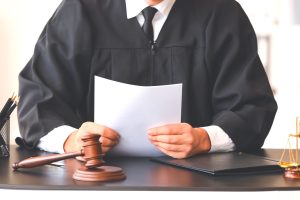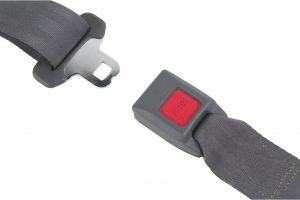As a plaintiff (or potential plaintiff) in a Broward personal injury case, you may be curious what happens if the party you’re suing simply doesn’t answer or show up. What could happen is a default judgment.
However, as our Broward injury lawyers can explain, that isn’t always the best case scenario. Default judgments are often successfully challenged. And even a Florida default judgment stands, plaintiffs may have a tougher time collecting on them than on cases with more responsive defendants, as the latter are more likely to have financial resources.
What Exactly is a Default Judgment?
To explain a default judgment in an injury lawsuit, we first need to recognize that part of the right to due process – as laid out both in the U.S. and Florida Constitutions – require that the defendant be put on notice of the proceedings and also be given the opportunity to be heard.
When the plaintiff files their injury lawsuit, they will spell out in the complaint exactly who the defendant is, what they did, how this resulted in damage to the plaintiff, and what sort of remedy the plaintiff is seeking. The defendant is considered put on notice when they’ve been served with a copy of the complaint as well as a court summons. That summons spells out clearly what a defendant has to do if they wish to defend the claim. It also tells them what can happen if they choose to outright ignore the lawsuit. The court provides the defendant a certain amount of time in which to formally respond in the form of a motion or answer that denies liability. The summons also lets the defendant know that if they don’t do anything, they might lose their case via default judgment.
Legislators and courts have concluded that justice is best served when all parties are fully informed and actively participating. However, they aren’t expected to wait forever – and unresponsive defendants aren’t rewarded for their lack of participation. Florida Rules of Civil Procedure allow plaintiffs to ask the court to issue a default judgment if the defendant doesn’t file any answer to the lawsuit by the deadline. If the court grants a default judgment, they decide the defendant is liable by default and will issue liquidated damages.
Will I Still Need a Trial After a Default Judgment?
As our Broward injury lawyers can explain, there are basically two reasons your case might still go to trial after a default judgment. Continue reading
 Broward Injury Lawyer Blog
Broward Injury Lawyer Blog








